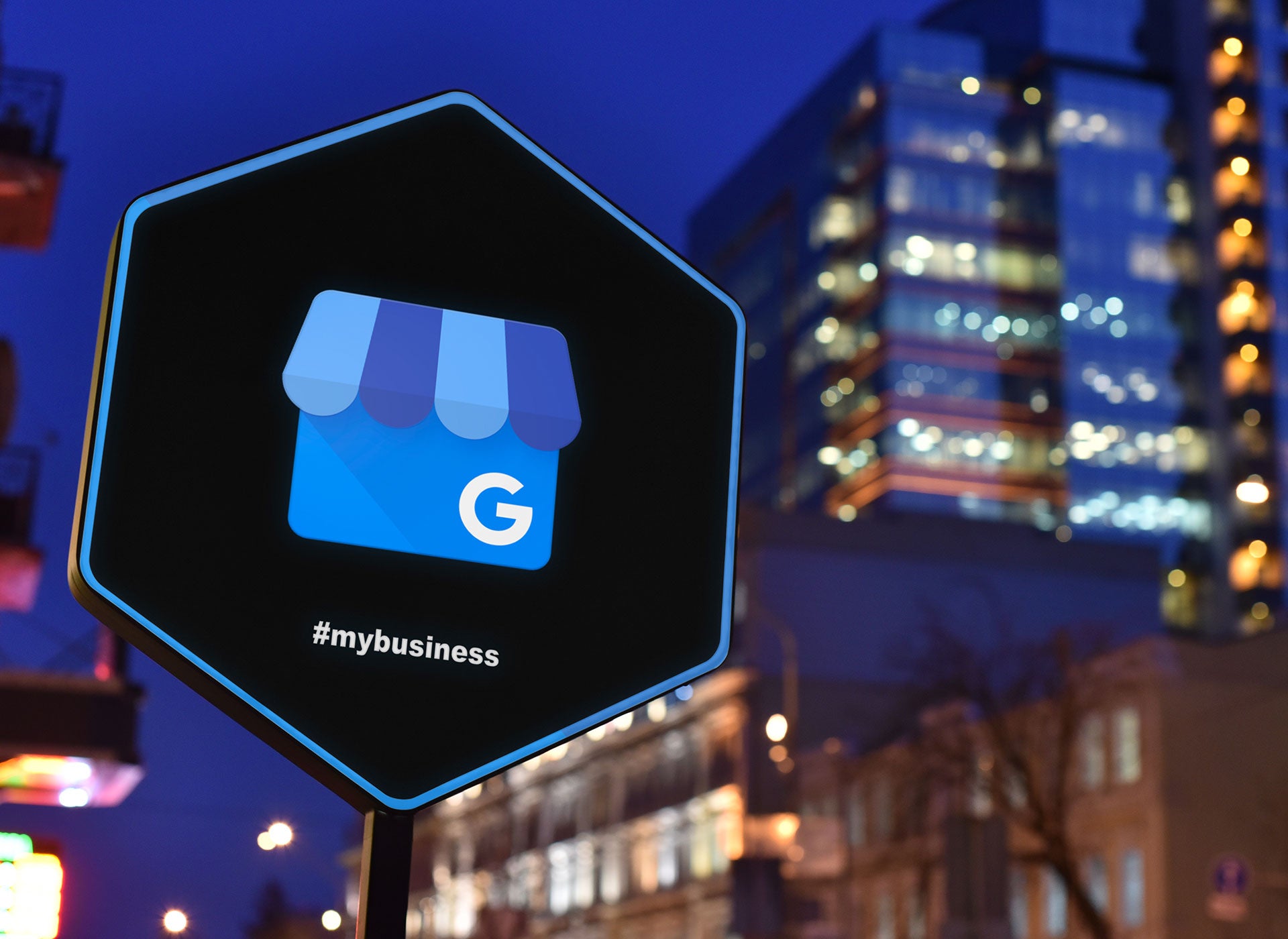
Yesterday Google published a blog post announcing its acquisition of Pointy, a startup based in Dublin, Ireland, that lets brick-and-mortar stores make their products discoverable online.
The deal, which is subject to the typical closing conditions, is expected to be completed within the next few weeks. While neither company has disclosed financial terms, TechCrunch is reporting that the acquisition has seen Google pay €147m to bring Pointy into its fold.
On the face of it, this acquisition is simply a move by the search engine giant to expand the capabilities of Google Shopping.
Pointy enables retailers to very simply keep an up-to-date online inventory either through a device that attaches to conventional barcode scanners, or via an app integrated with common point-of-sale systems. At present, this lists current stock on each store’s individual Pointy Page, and is also directly integrated into Google Shopping.
For Google, this provides the opportunity to present shopping search results for physical stores as well as those online – something it already does in a limited capacity – and so significantly increase the value of Google Shopping for users.
However, while this is a significant step in bridging the divide between brick-and-mortar stores and the online e-commerce world, the acquisition has the potential to be even more impactful.
How well do you really know your competitors?
Access the most comprehensive Company Profiles on the market, powered by GlobalData. Save hours of research. Gain competitive edge.

Thank you!
Your download email will arrive shortly
Not ready to buy yet? Download a free sample
We are confident about the unique quality of our Company Profiles. However, we want you to make the most beneficial decision for your business, so we offer a free sample that you can download by submitting the below form
By GlobalDataGoogle Pointy acquisition expands search to reality
Google has been making inroads into the physical world for some time, most notably through Google maps, but also through features such as telling you when shops and attractions are at their busiest.
However, the acquisition of Pointy is a significant step for Google, because it provides the search engine giant with a way to cheaply and easily catalogue physical assets on a large, yet decentralised scale.
Shopping is undoubtedly the leading use case, and Google will likely be looking at ways to expand the adoption of Pointy. This may include dropping or reducing the current one-time cost of £699 to integrate Pointy, or even getting leading point-of-sale manufacturers to directly integrate the technology into their products.
If Google can increase the prevalence of Pointy enough, it could ultimately have coverage of physical stores to rival those of digital stores, bringing with it a potential step-change in how people shop.
However, there are also potential applications beyond e-commerce. What Google has bought, in essence, is a means to catalogue real-world items, and the same technology in the Pointy Box could be put to use in many other fields.
Potential applications could include medicines, enabling Google to collect data on gluts and shortages of particular items and use this to provide industry-targeted services, inform users or even assist its own moves into the healthcare space.
The technology could also be applied to industry-specific products such as construction materials, or be used in logistics to increase access to tracking and monitoring technologies.
For those fearful of the reach and power of Google, this may be another concerning sign. Google already dominates the digital world. With Pointy, its reach into the physical one can grow significantly.
Read more: Google is 21: What could the next 21 years mean for the company?



